Hai Duong Having to quit his job as a driver due to back pain, Nguyen Dinh Quynh returned home to research and raise ornamental birds, earning about one billion VND per year.
As a contract driver at the quarries, in 2010, Mr. Quynh, 25 years old, in Long Xuyen ward, Kinh Mon district, became unemployed due to a herniated disc and back pain that prevented him from sitting for long periods of time. During his days at home for treatment, he learned about unique chickens and ornamental birds, which had been his passion since childhood.
"I suddenly realized that the supply of unique pets in the North is very rare, this is an opportunity to start a business," Mr. Quynh recalled. With all his family's savings of 16 million VND, he went to Phu Tho to buy 10 pairs of nine-spurred chickens and 4 pairs of pheasants to raise in his parents' garden of more than 500 square meters.
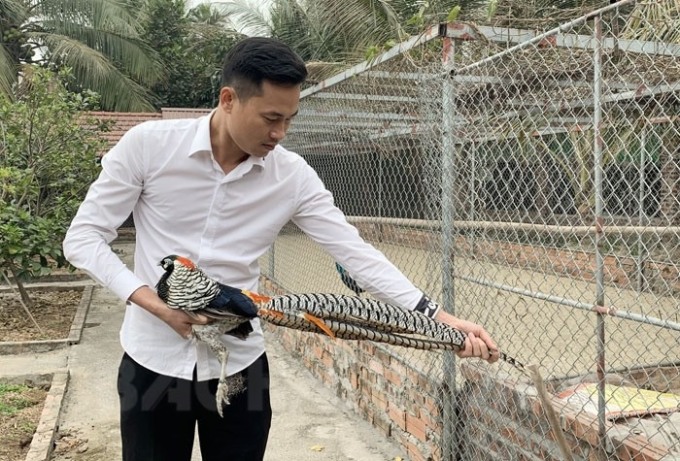
Pheasants have been with Mr. Quynh since the early days of his career. Photo: Le Tan
Thanks to careful care, after a year, Mr. Quynh's flock of birds and chickens laid eggs in the farm. However, sales were difficult. Every day, he went to Hanoi and Hai Phong to introduce the products, selling one for one, but they still didn't sell.
Seeing her husband tired, Quynh's wife suggested that she quit the farm, return to the quarry or drive a truck to earn an income to support her life. "I stayed up many nights, I couldn't bear to let my wife and children suffer, but if I quit when I first encountered difficulties, I wouldn't be able to do well. I told myself that I was still young, doing what I was passionate about, I had to persevere," Quynh shared.
Reviewing his sales methods, he realized that selling chickens and birds to restaurants as specialties was not reasonable and could not compete with regular chickens. In the pet groups, he saw that selling exotic chickens and beautiful pheasants as pets would fetch higher prices and have a larger market, so Mr. Quynh decided to change direction.
Every day, he took many pictures of his flock of nine-spurred chickens and colorful pheasants and posted them on groups for sale. With his honesty and enthusiasm, after a week of selling, he closed more than 10 valuable orders. The farm gradually revived. Customers who bought it recommended it to others.
The turning point for Mr. Quynh to break through was the time he went to the Hanoi Zoo in 2012. Looking at the pair of Indian peacocks spreading their tails and dancing, he was mesmerized. "I ran to the security room to ask to buy the peacocks. They directed me to meet the leaders. Of course, my request was rejected," Mr. Quynh recounted his actions at that time.
Seeing that the Hai Duong boy was so infatuated with the pair of peacocks, the zoo leader directed him to Cuc Phuong National Park (Ninh Binh) to buy the breed. Very quickly, he brought 4 pairs of Indian peacocks to the farm. This breed of peacock is smaller than the Vietnamese peacock, but gentle, and if raised for a long time, they will cling to people and nests. One day, he forgot to close the cage, and more than 10 peacocks flew all over the neighborhood. The whole family went looking for them but couldn't catch them, thinking they would be lost. At night, the peacocks called each other back to the cage.
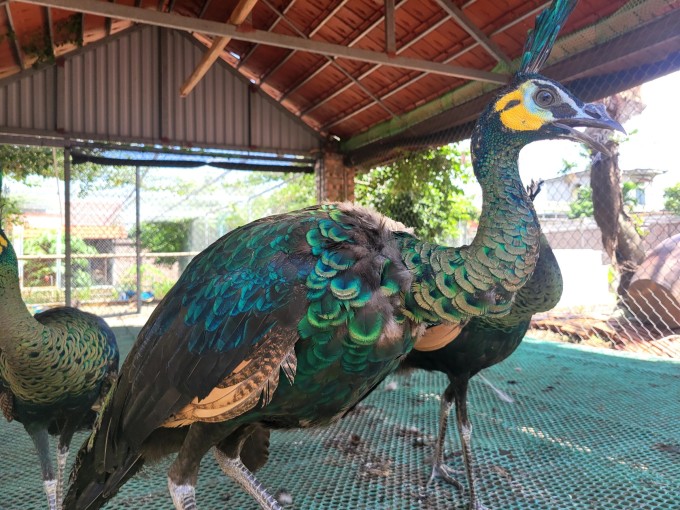
Indian peacock, the pet that helped Mr. Quynh change his life. Photo: Le Tan
Indian peacocks are expensive and difficult to breed, but easy to raise, and they mainly eat corn, peanuts and ripe bananas. To provide a comfortable living environment for the birds, Mr. Quynh built a circular cage, 30 square meters wide, surrounded by a B40 mesh fence, and placed it in a cool place. On the floor, he spread yellow sand to absorb moisture and prevent worms. He also trained the peacocks to eat garlic to prevent disease.
Fearing that the parent birds would degenerate, Mr. Quynh often went to places with male birds to buy more. "At the end of 2011, I heard that Thai Nguyen had a farm that was replacing males, so I rode my motorbike there to buy them in the middle of the night. That day, it was freezing cold. When I brought the bird home, it froze to death, and I also had a high fever. The pain was indescribable," Mr. Quynh recalled the sad memory.
In 2013, the peacock flock was infected with influenza, at risk of losing everything. Mr. Quynh asked for help everywhere, begging experts to show him how to cure it over the phone. After that, the parent peacock flock stabilized and started laying eggs. Female peacocks reproduce from the age of 2, laying 18-22 eggs each year; by the age of 5, they lay over 30 eggs. At first, the rate of spoiled eggs was up to 60%. Later, he had to build a high incubator to overcome this problem.
Having built a brood of about 50 parent peacocks, Mr. Quynh began selling them. Peacock eggs sell for 600,000-800,000 VND/egg; one-month-old peacocks with green feathers cost 800,000 VND/bird; white and multi-colored feathers cost 1.7-2 million VND/bird; yellow cheeks cost 3-4 million VND/bird and silver feathers cost 6-8 million VND/bird. Adult birds are not less than 20 million VND/pair.
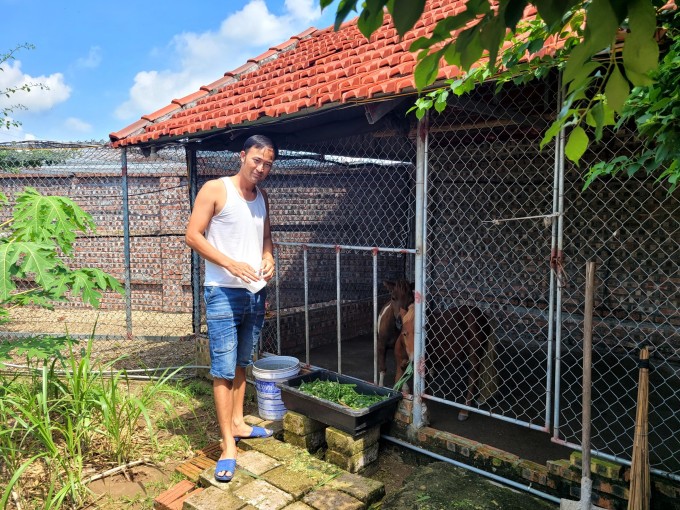
Dwarf horses are being tested by Mr. Quynh. Photo: Le Tan
From his parents' 500 m2 garden, in 2014, Mr. Quynh saved money to buy land and expanded the farm to 3,600 m2. In 2021, a second farm was built on a 2,500 m2 plot of land. "The total investment capital so far is nearly 2 billion VND, all from the farm's profits," Mr. Quynh shared.
Currently, the two farms have 200 peacocks, 300 pheasants, dozens of long-tailed chickens, and sell more than 500 each year. In addition, Mr. Quynh also makes peacock specimens and consults on garden designs for raising ornamental birds. He is also trying to raise dwarf horses, Australian ostriches, and rosecomb chickens (a breed of medieval English chicken).
"Precious ornamental species, often used in ecological zones and gardens but with limited supply in Vietnam, will be the future of the farm," Mr. Quynh shared about the future direction.
Mr. Pham Van Tuyen, Chairman of the Farmers' Association of Long Xuyen Ward, highly appreciated Mr. Quynh's ornamental bird raising model. "The economic efficiency of the farm is outstanding. Thanks to that, Quynh received the Luong Dinh Cua award in 2014. Currently, the bird farm is a model for other members to learn and replicate," said Mr. Tuyen.
Source link


![[Photo] President Luong Cuong attends the 90th Anniversary of Vietnam Militia and Self-Defense Forces](https://vstatic.vietnam.vn/vietnam/resource/IMAGE/2025/3/26/678c7652b6324b29ba069915c5f0fdaf)

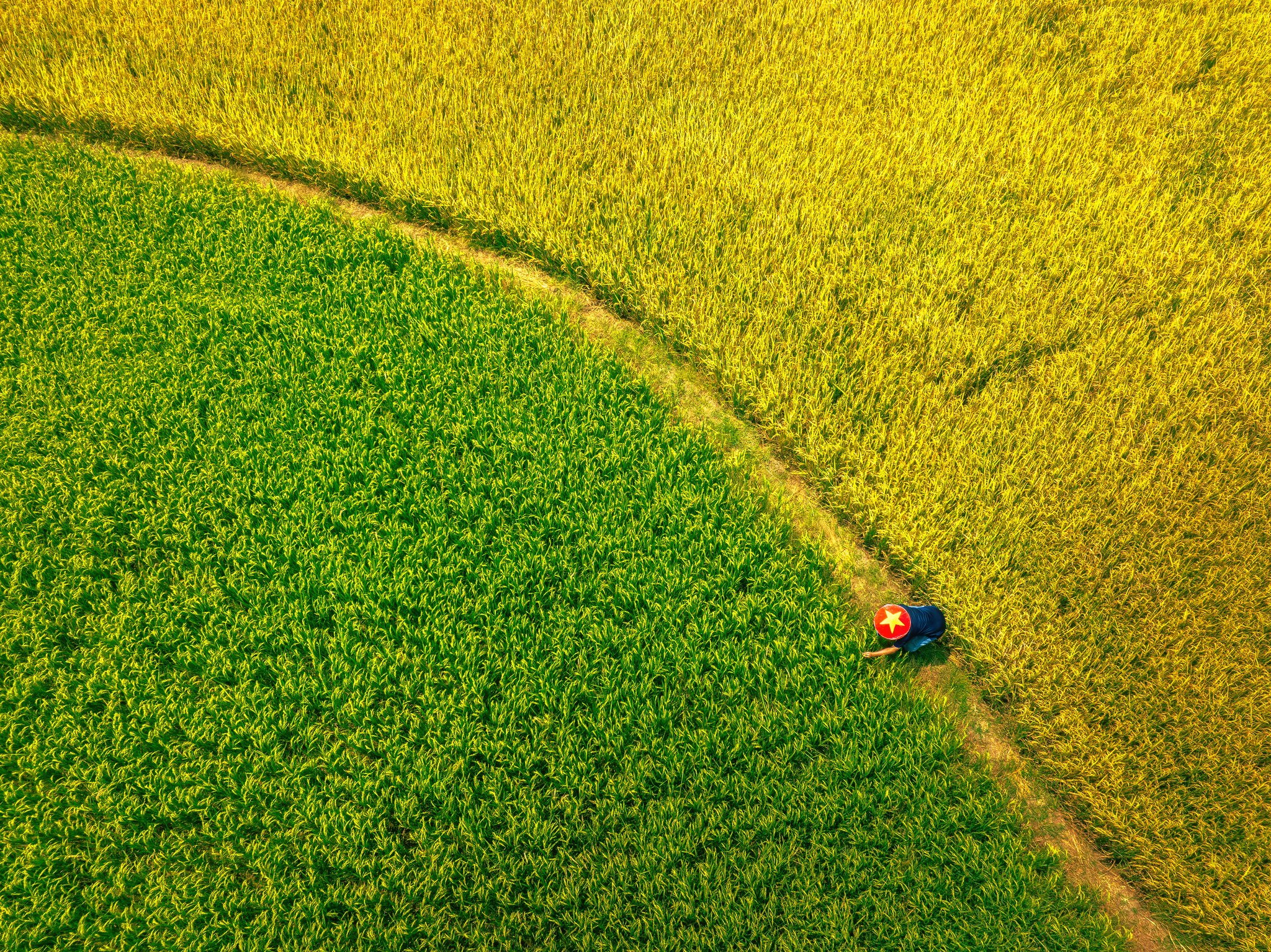
![[Photo] General Secretary To Lam receives Singaporean Prime Minister Lawrence Wong](https://vstatic.vietnam.vn/vietnam/resource/IMAGE/2025/3/26/4bc6a8b08fcc4cb78cf30928f6bd979e)
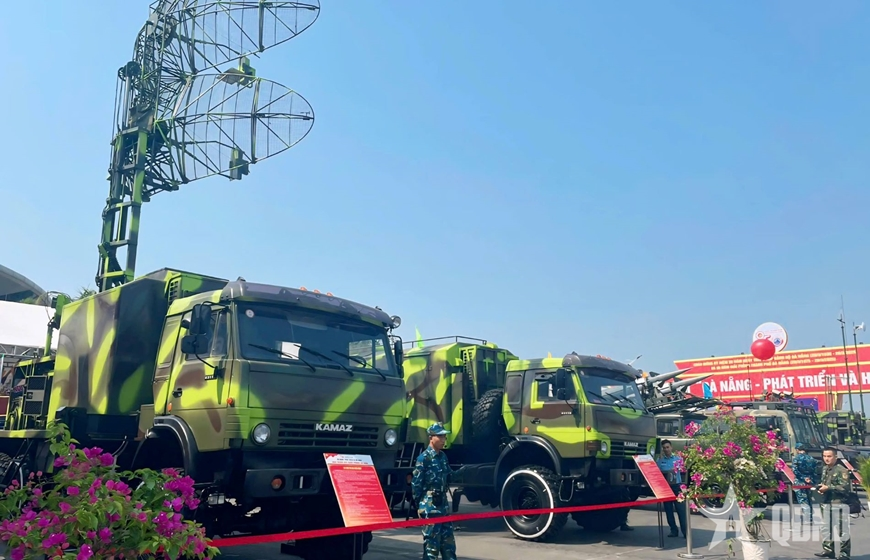
![[Photo] Editor-in-Chief of Nhan Dan Newspaper Le Quoc Minh receives Iranian Ambassador Ali Akbar Nazari](https://vstatic.vietnam.vn/vietnam/resource/IMAGE/2025/3/26/269ebdab536444818728656f8e3ba653)
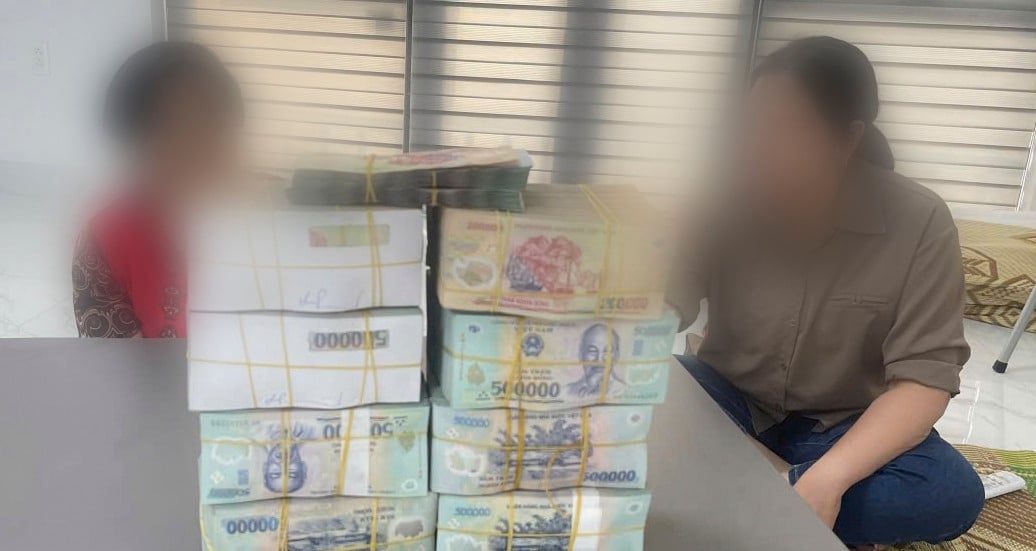



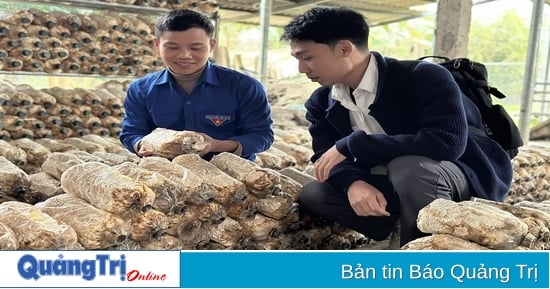


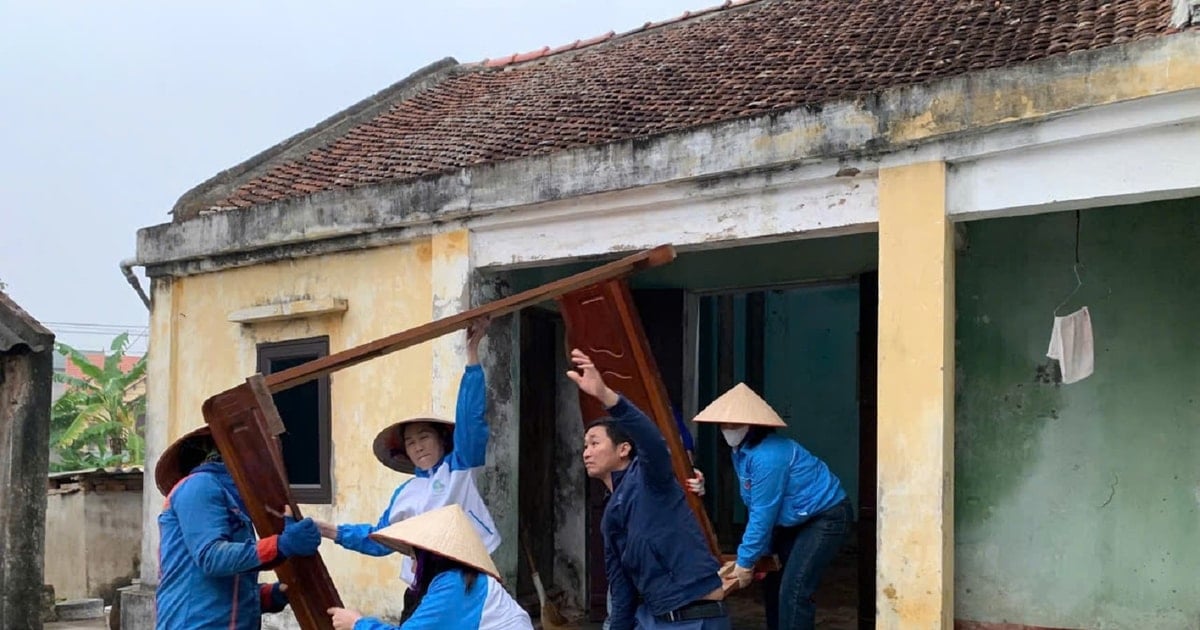



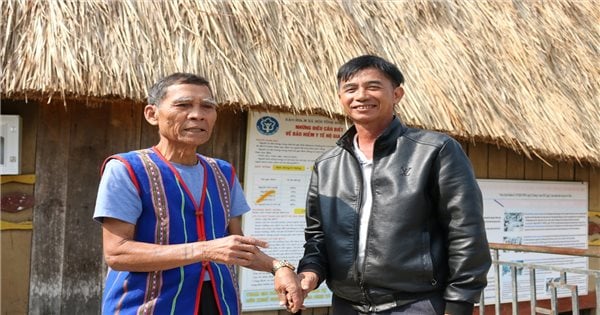
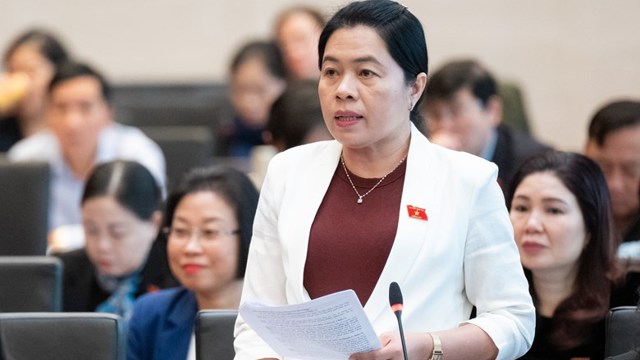
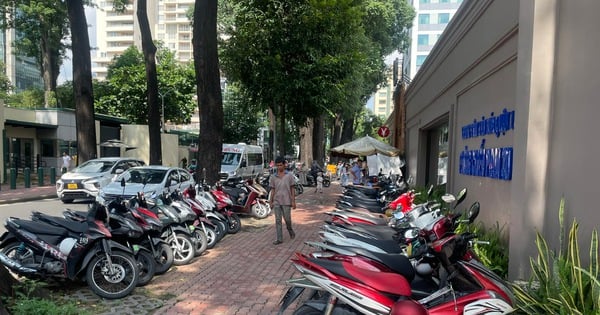
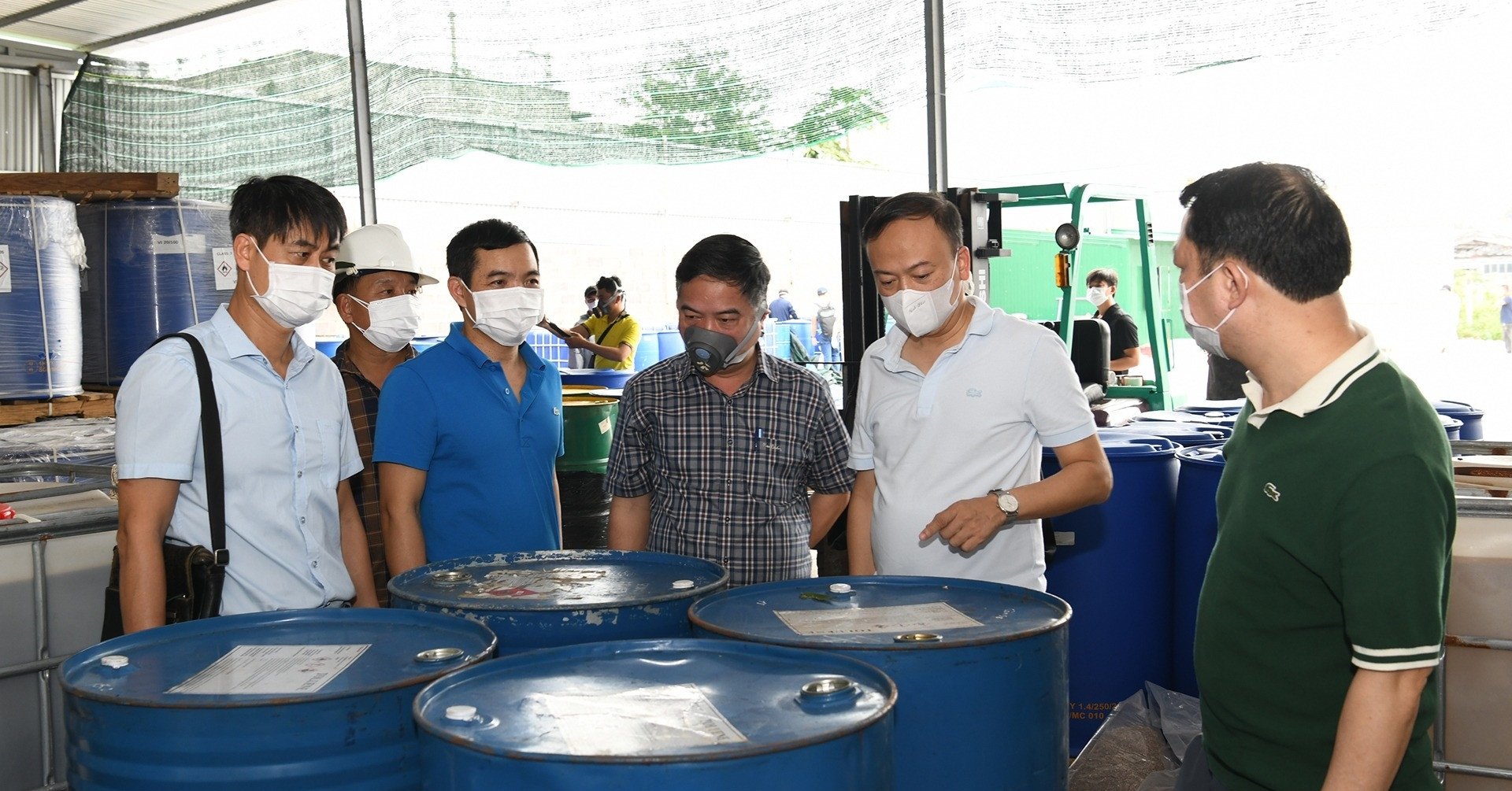
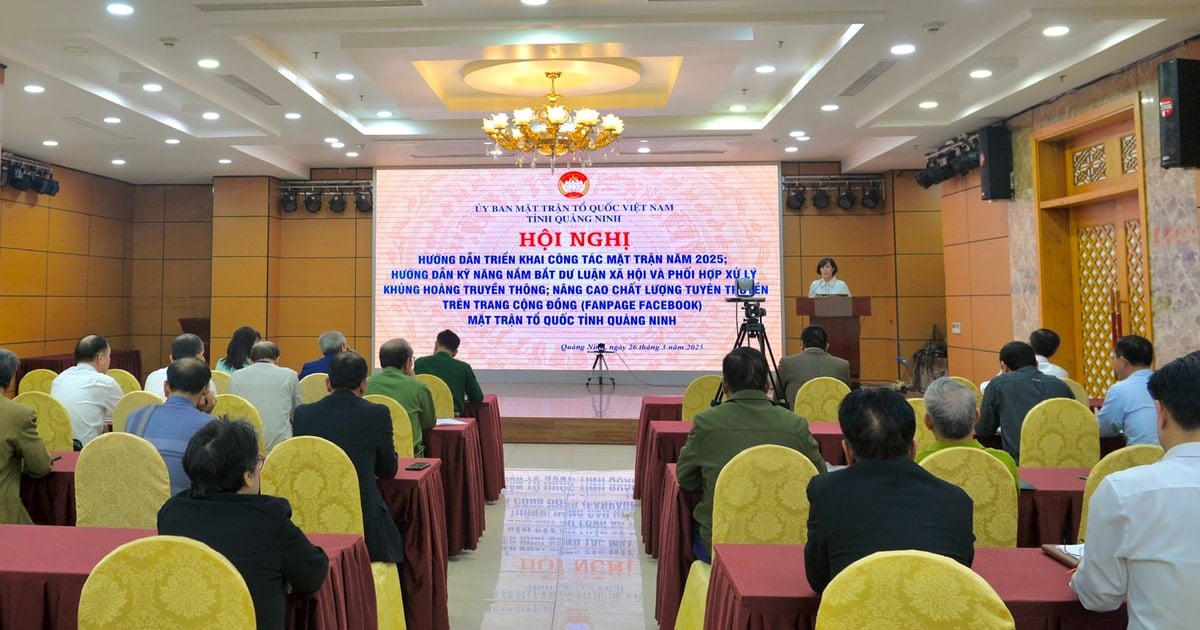
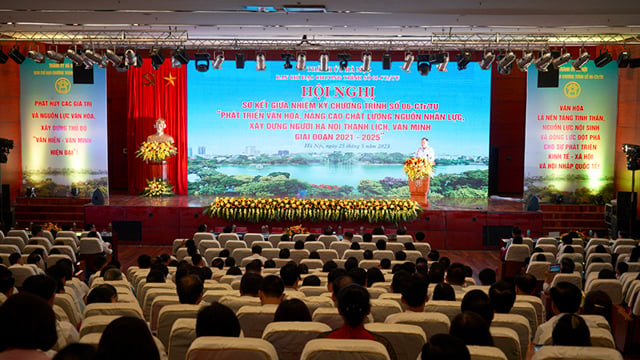










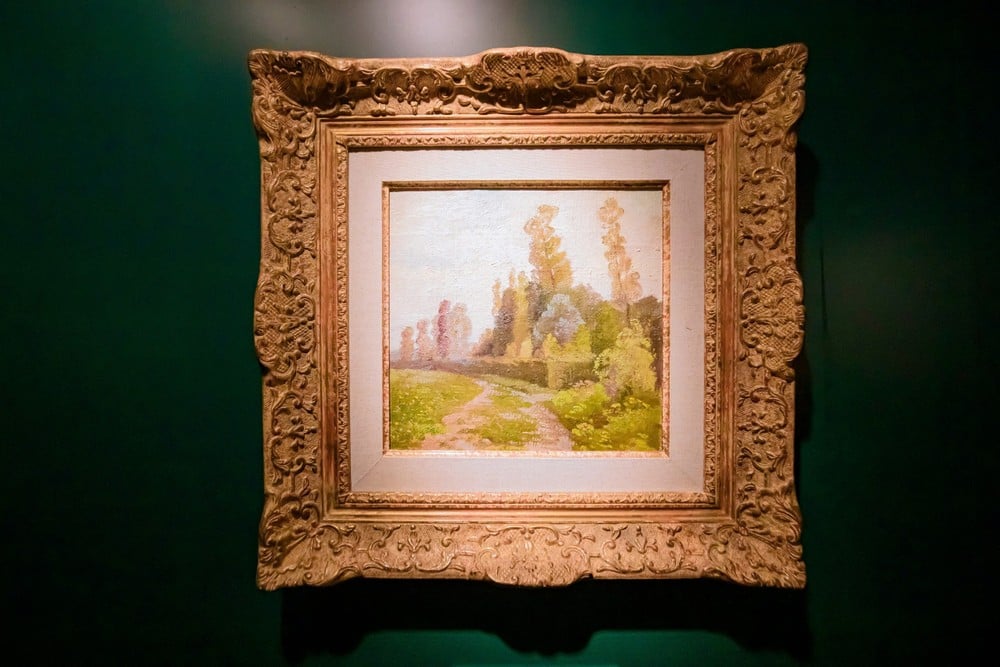

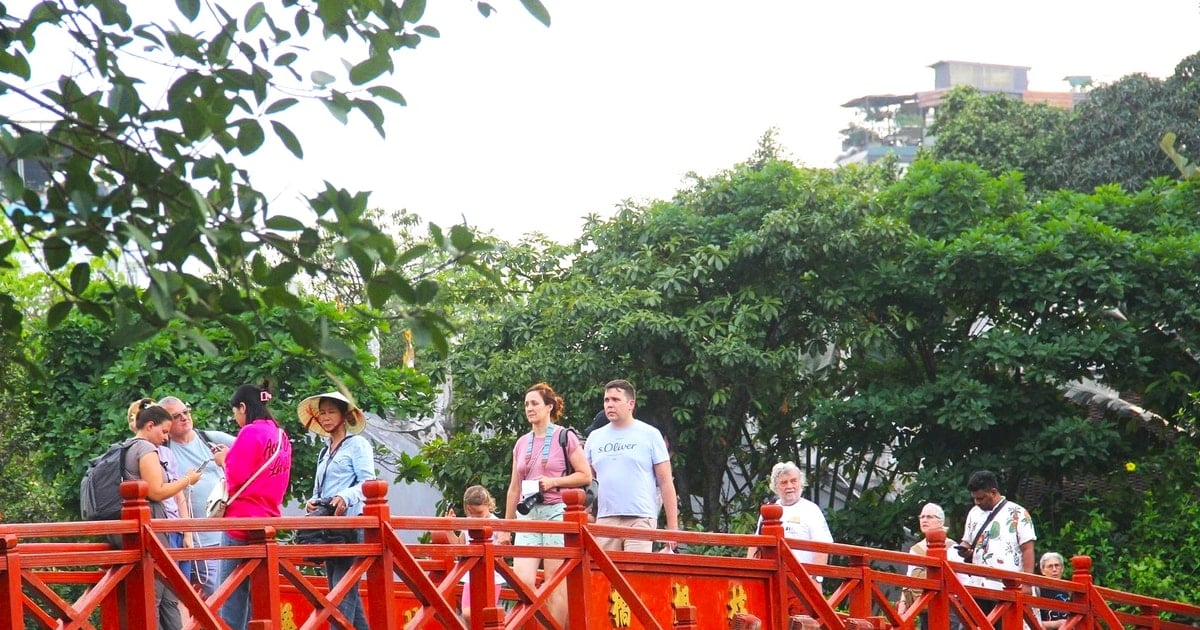







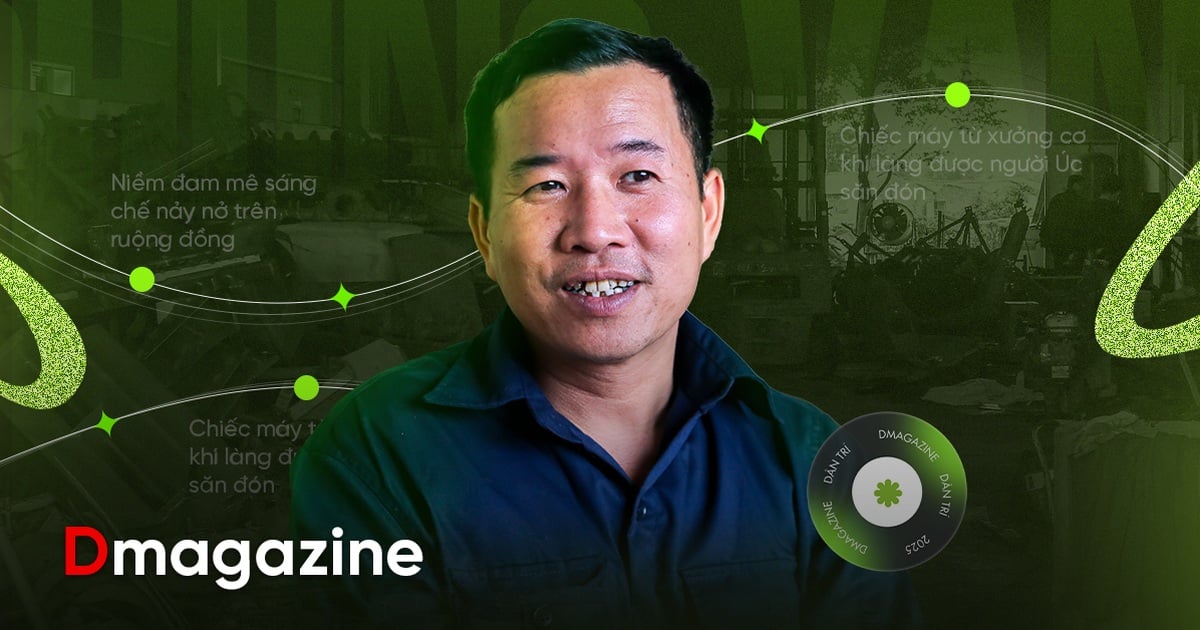

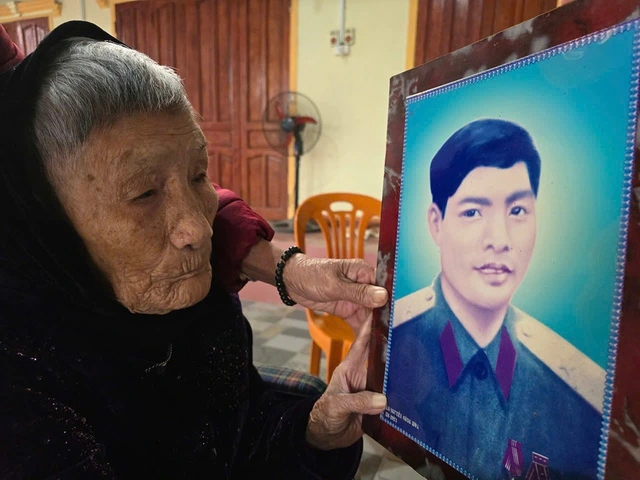
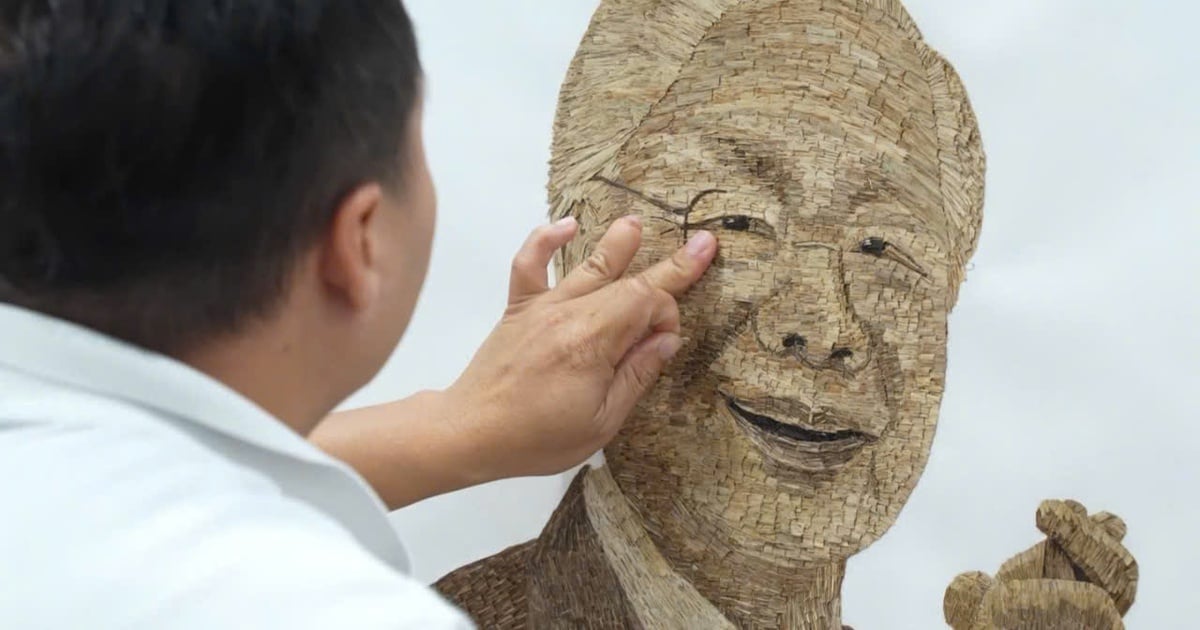
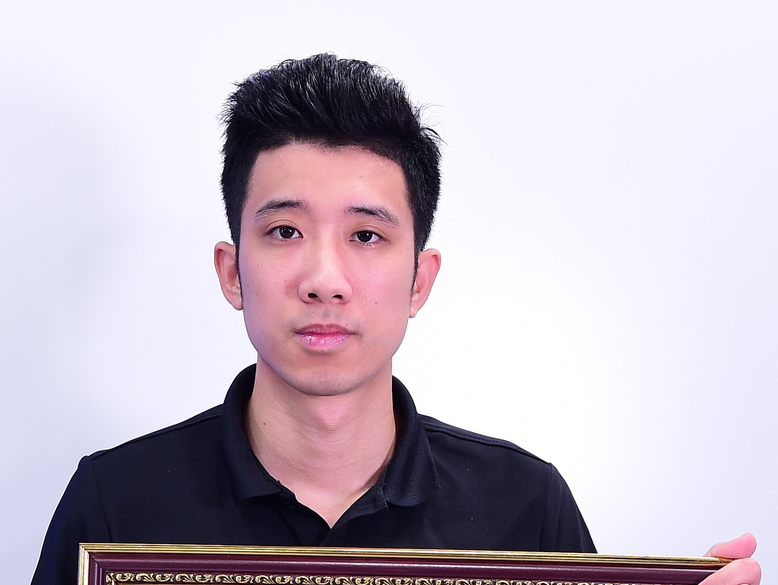
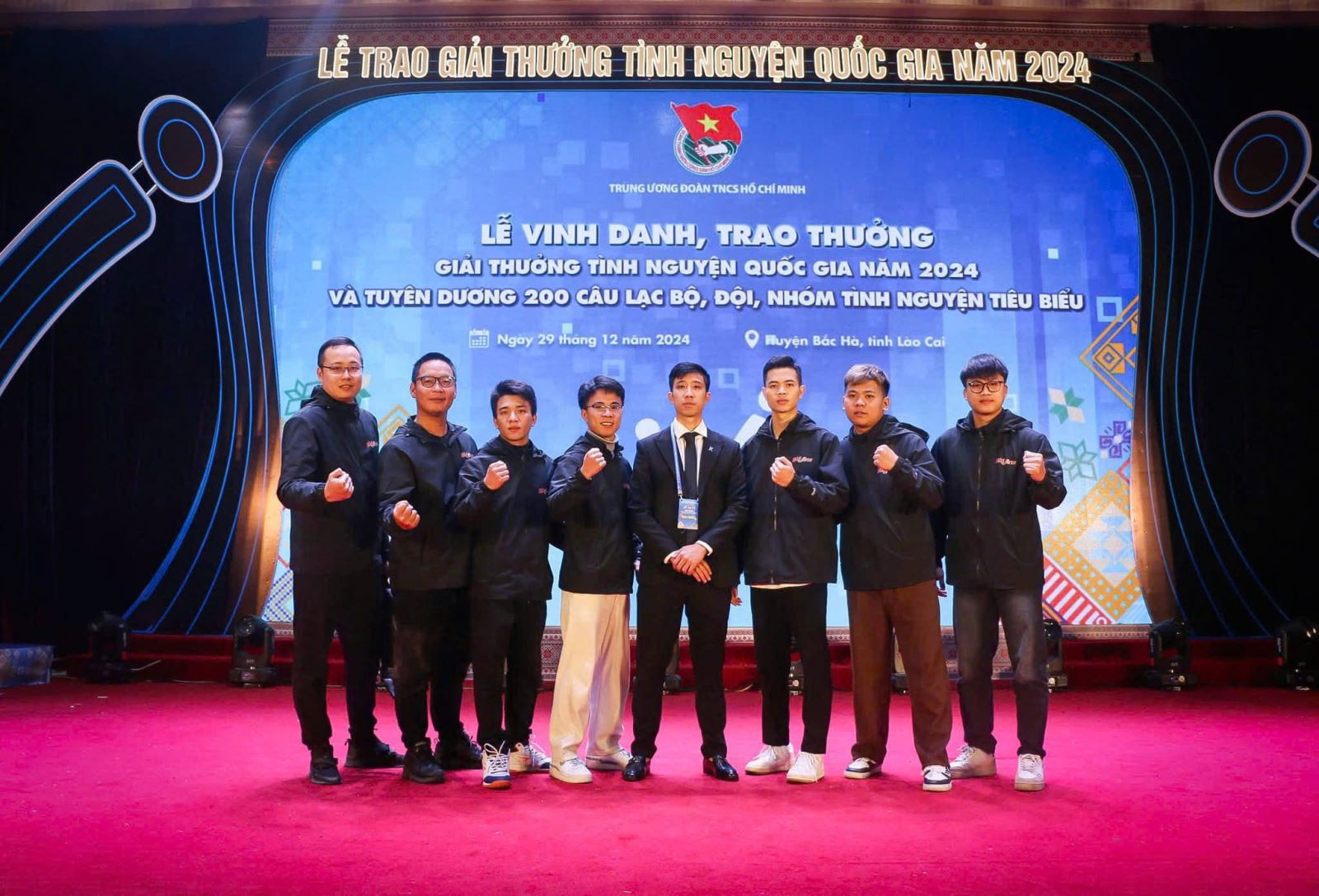











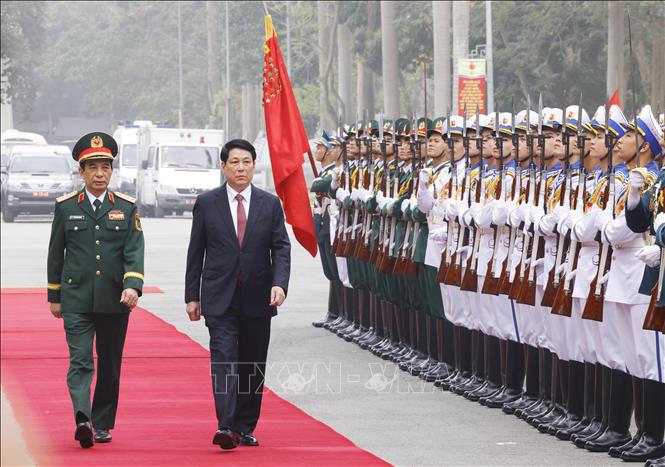

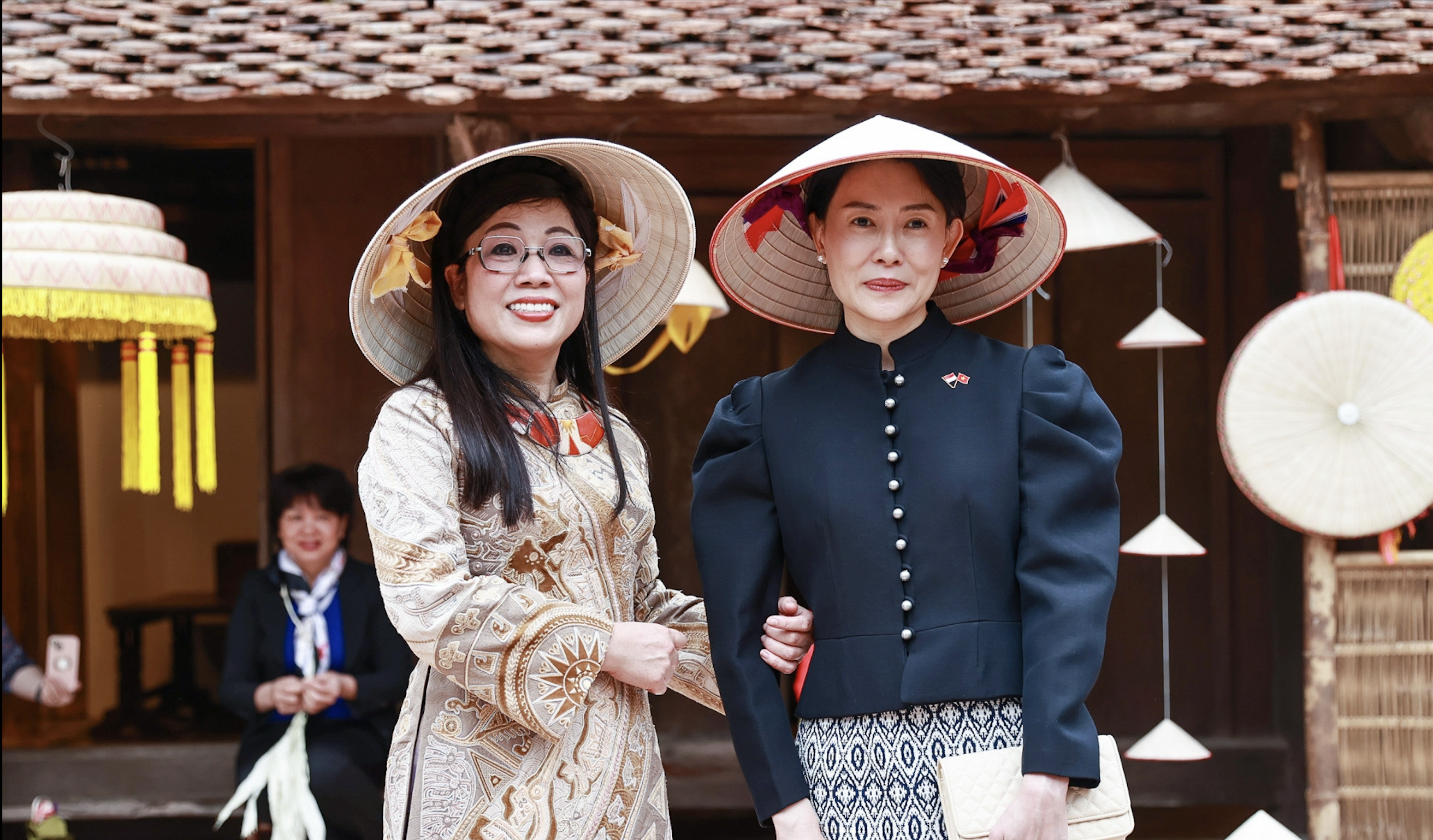


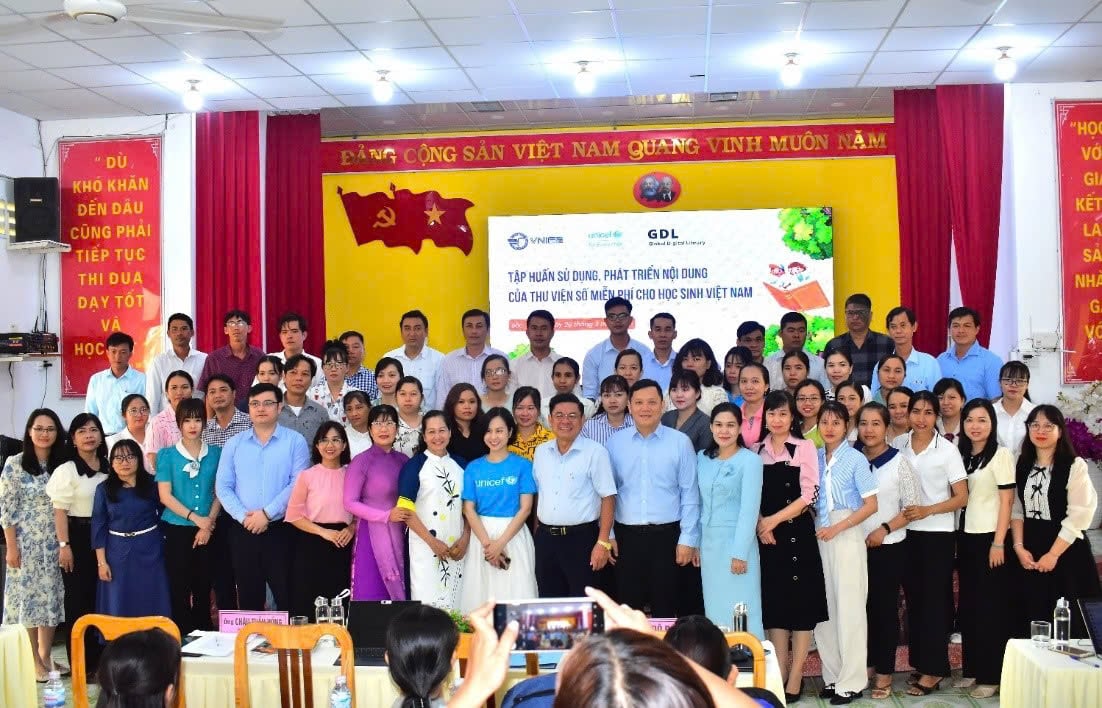






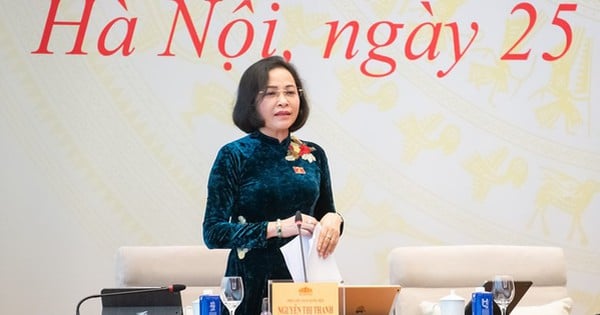
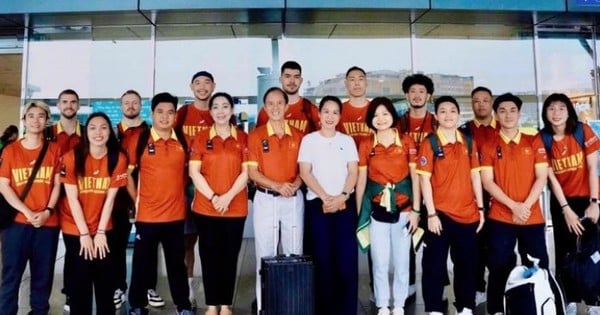
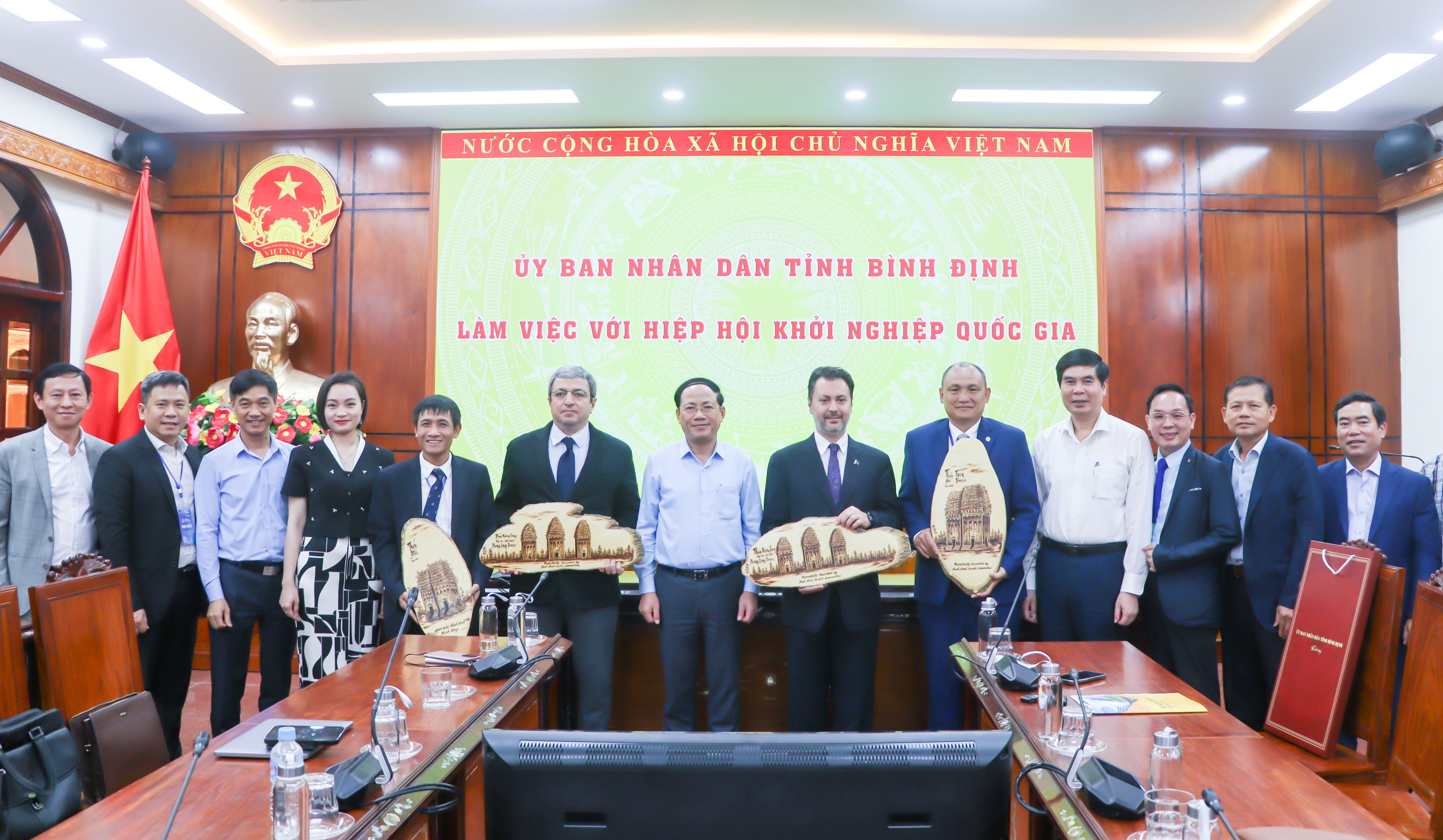
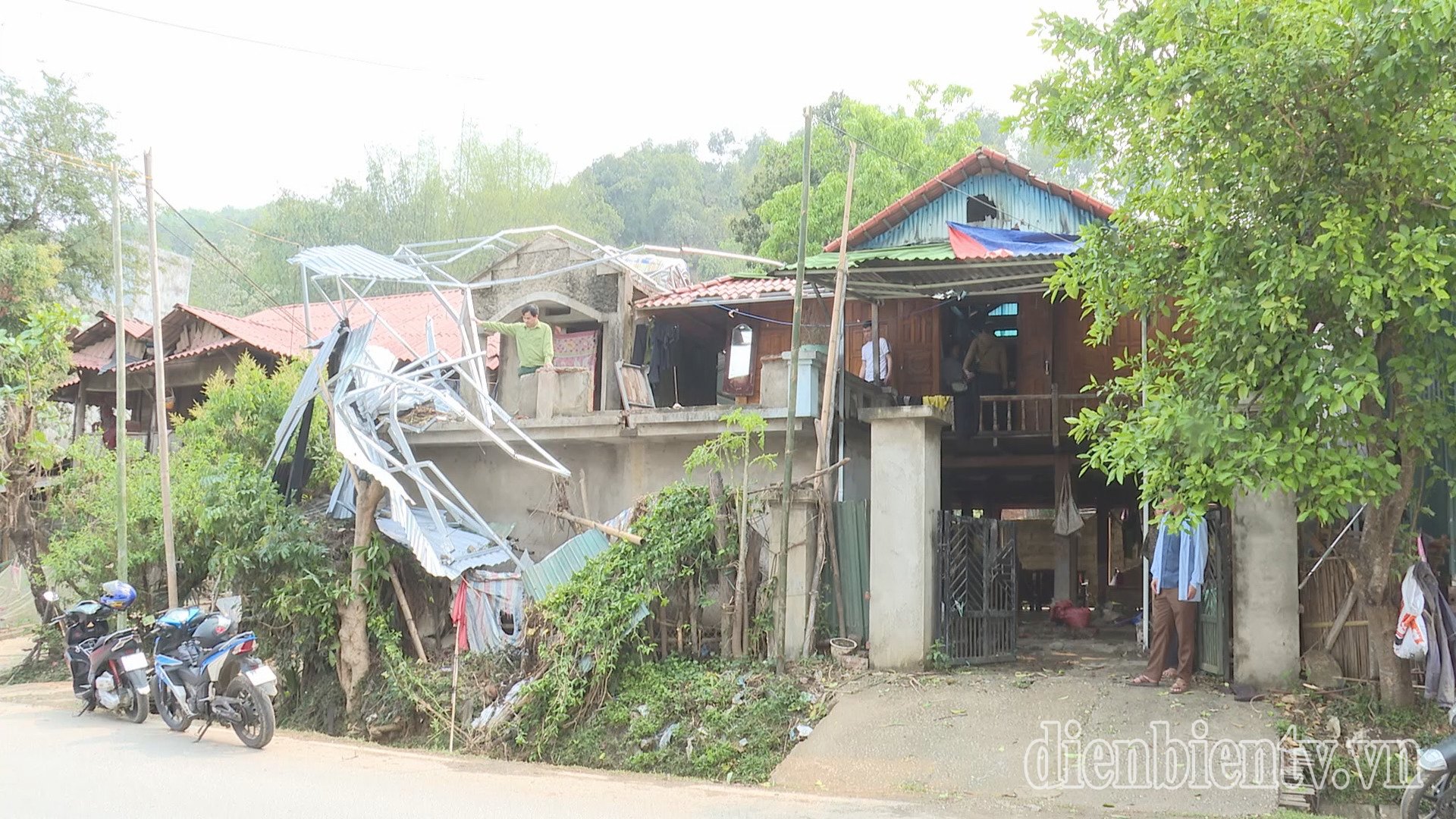
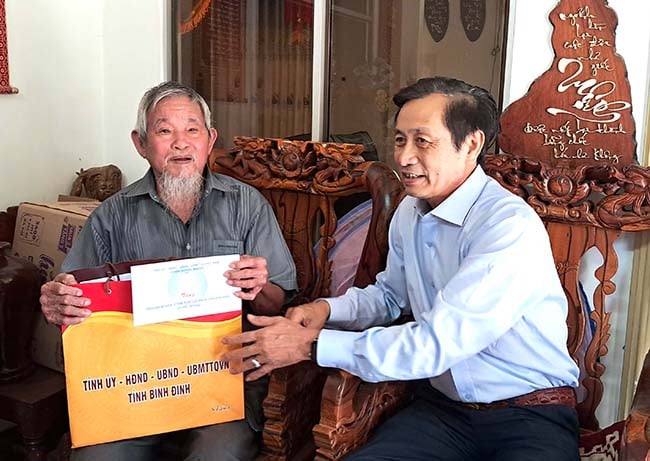
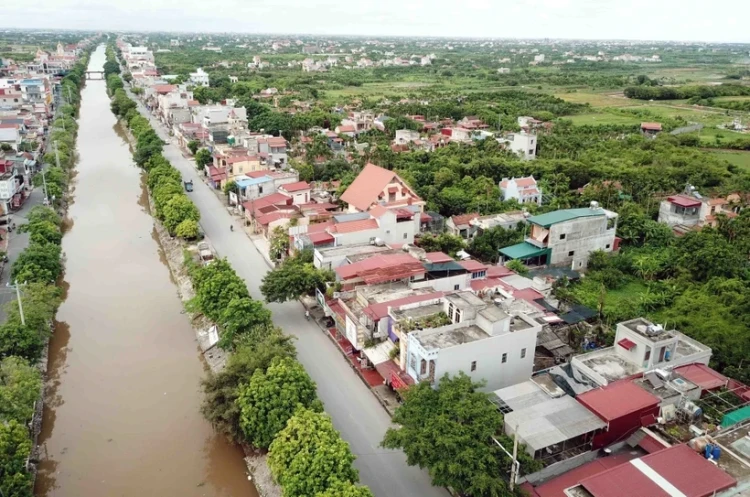

![[6pm News] Proposal to keep 11 provinces unchanged, including Thanh Hoa](https://vstatic.vietnam.vn/vietnam/resource/IMAGE/2025/3/26/2ffa21acb3844cd78a9433fec227511d)


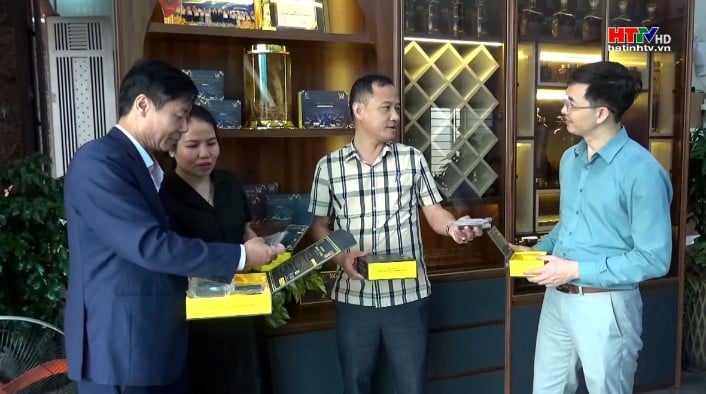
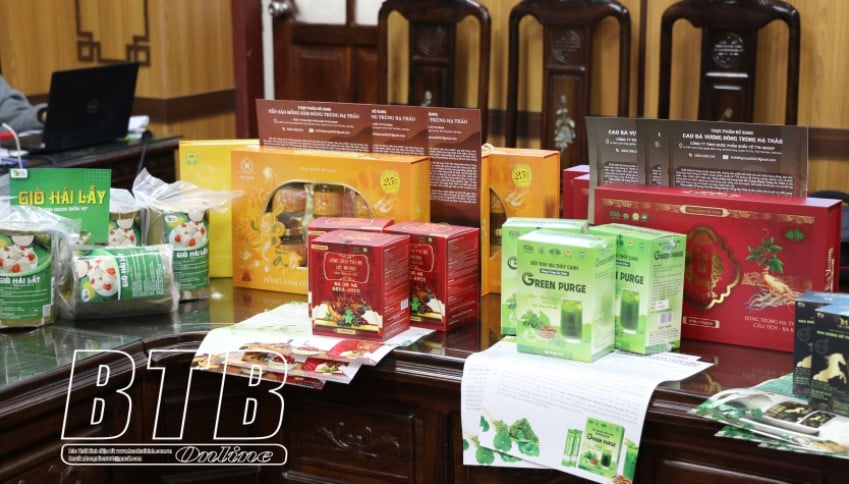




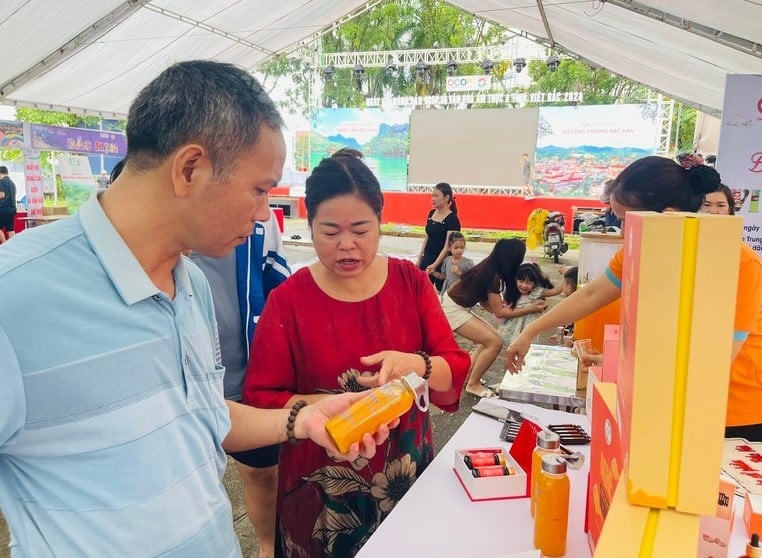
Comment (0)